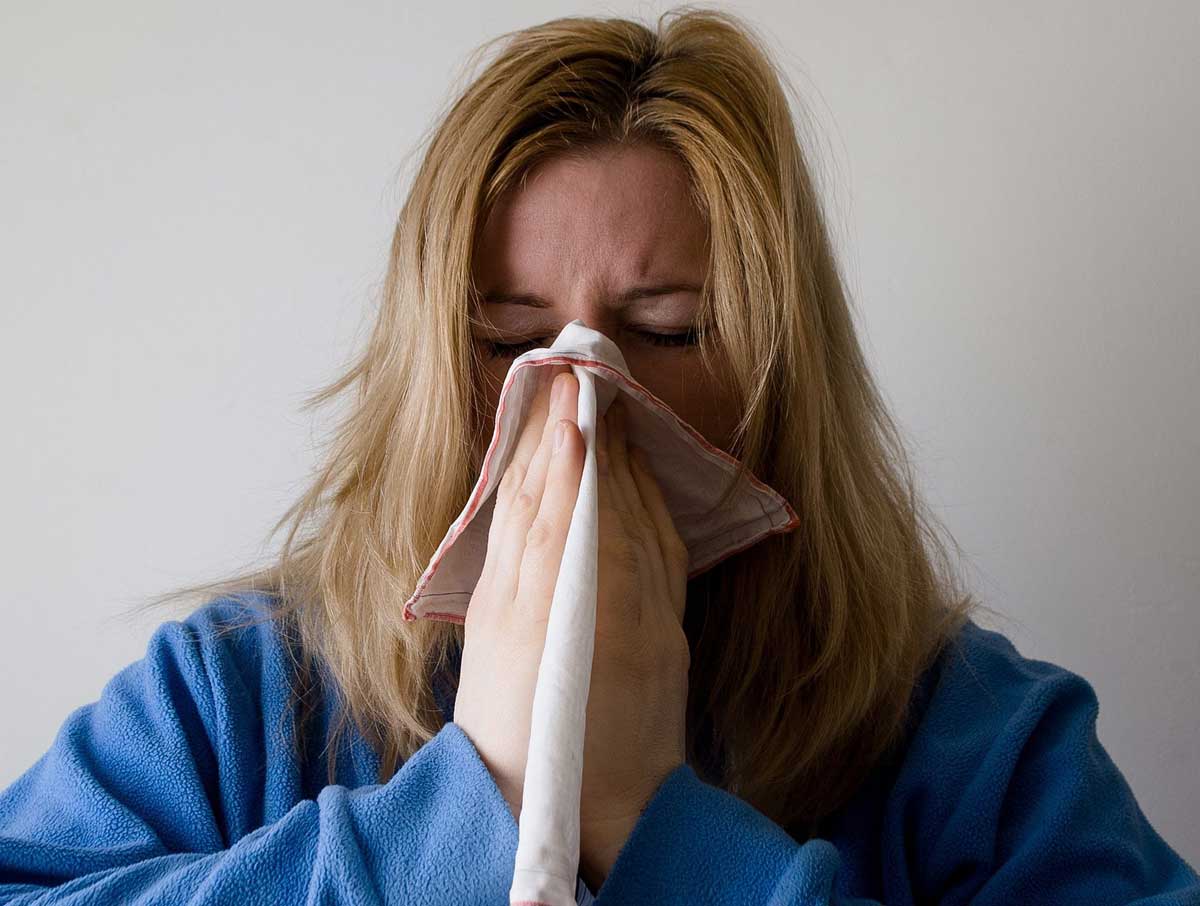New Jersey lawmakers are moving to enact a statewide sick leave law now that Democrat Phil Murphy is in the governor’s office.
The Assembly Labor Committee is scheduled to consider a bill (A1827) on Monday that would require companies to provide their workers with earned sick leave. Under the bill, employees would accrue one hour of sick time for every 30 hours worked, and workers could earn between 40 and 72 hours of sick time depending on the size of their employer. Employees would have to work 90 days before they could use their sick time.
More than one million New Jersey workers don’t have access to paid time off for illness, according to advocates of the bill. Proponents have also cited this year’s flu epidemic as a reason to mandate earned sick leave.
“Not everyone can afford to miss a day of work. It is time we provide all New Jersey workers with the ability to take a paid day off of work so they can take the time necessary to care for their health and not put others at risk of infection,” Assemblywoman Pamela Lampitt (D-Camden), a sponsor of the bill, said in a statement.
A similar bill (S2171) is sponsored in the Senate by Senate Majority Leader Loretta Weinberg (D-Bergen). Murphy has already pledged to sign legislation mandating earned sick leave.
Business leaders are pushing for the bill to include language preempting local ordinances.
There are currently 13 municipalities that guarantee paid sick days, and it’s a “human resources nightmare” for companies trying to comply in several towns with different sick leave laws, said Michael Egenton, executive vice president of government relations at the New Jersey Chamber of Commerce.
“We want to make sure the standard is for all 565 municipalities to follow the state law,” he said.
State lawmakers are considering dozens of other bills in committee on Monday, including measures that would let residents make charitable contributions in lieu of property taxes, allow people to have their birth and death certificates reflect their gender identity and permit terminally ill patients to use medication to end their lives peacefully.
